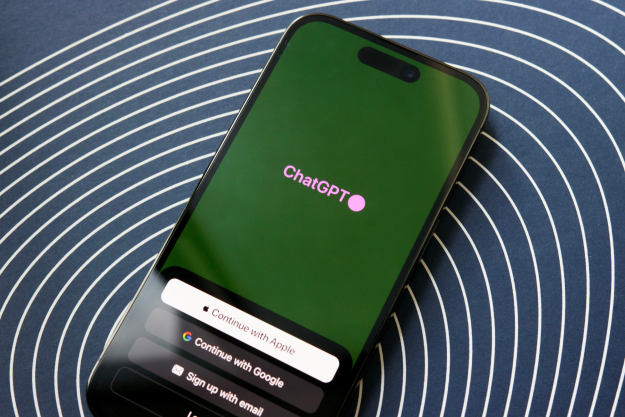
Over the weekend, watchdog group Turkey Blocks pointed out that the Tor anonymity network has been blocked, marking the defeat of the “last line of defense against the world’s most severe internet censorship regimes.” As Turkey Blocks wrote, “Our study indicates that service providers have successfully complied with a government order to ban VPN services.” And while Tor has grown in popularity in recent times (particularly in response to the Turkish government’s tightening grip on other aspects of the web), its moment in the sun seems to be over.
So what does this mean? According to Turkey Blocks, these “sophisticated blocking measures” will prevent internet users from easily circumventing social media shutdowns and other mass-censorship tactics in Turkey. Indeed, the watchdog group says, the blocking of Tor (along with the government’s previous banning of VPN services), could make Turkey’s digital landscape look increasingly like that of China’s, whose Great Firewall has been widely criticized as overly restrictive.
While other cases of Turkish censorship have generally followed contentious events (like the attempted coup), this one seems to have emerged almost as a precautionary measure from Turkish President Recep Erdogan. Already, Facebook, Twitter, WhatsApp, and YouTube have been blocked, and access to sharing services like Google Drive, Dropbox, OneDrive, and GitHub has been restricted.
Turkey Blocks concluded, “Network restrictions imposed by the government will become absolute for many internet users, even those who were previously able to work around frequent mass-censorship events with relative ease. The new measures are thus likely to change the nature of internet usage over years to come, diminishing media freedom and freedom of opinion and expression in Turkey.”
Editors' Recommendations
- Don’t download the latest macOS Ventura update just yet
- Beware! The latest Windows 11 update might crash your PC
- I hate low-profile keyboards, but Asus’ latest has converted me
- eBay to lay off more workers in latest round of job cuts
- Why the most powerful laptops of 2024 might not use Intel’s latest chips


